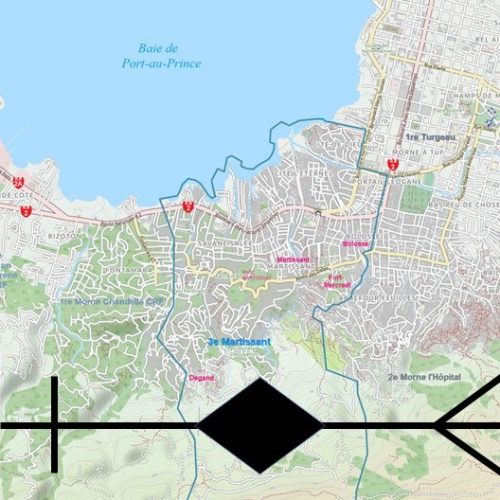1–If the king did not, without tiring, inflict punishment on those worthy to be punished, the stronger would roast the weaker, like fish on a spit.
–the laws of Manu, 1500 BC
2–Government is not reason, it is not eloquence,—it is force! Like fire, it is a dangerous servant, and a fearful master; never for a moment should it be left to irresponsible action.
–Often attributed to George Washington, although there doesn’t seem to be any evidence that he actually ever said it.
3–The speaker at a meeting, Grant, asks: “What is the prime knowledge acquired by our race? That without the rest is useless? What flame must we guard like vestal virgins?”
Members of the group give various answers: fire, writing, the decimal system, the wheel.
“No,” says Grant, “none of those. They are all important, but they are not the keystone. The greatest invention of mankind is government. It is also the hardest of all. More individualistic than cats, nevertheless we have learned to cooperate more efficiently than ants or bees or termites. Wilder, bloodier, and more deadly than sharks, we have learned to live together as peacefully as lambs. But these things are not easy..”
–from Robert Heinlein’s novel Tunnel in the Sky, in which a group of high school kids are stranded on a planet galaxies away, and have come to accept the idea that they are probably never going to be rescued. After a period of choosing their leader by acclamation, they have now decided to hold a formal election for that purpose.
4–Government is simply the name we give to the things we choose to do together.
–Congressman Barney Frank, also Massachusetts governor Deval Patrick, and (in somewhat different form) Barack Obama.
My Assertion: The first three quotes all have elements of truth and provide useful perspectives on the problem of government; the fourth one has no such redeeming value.
(I’ve been thinking about a post along these lines for a while, finally motivated to do it by a discussion at Sarah Hoyt’s blog.)
Your thoughts?

